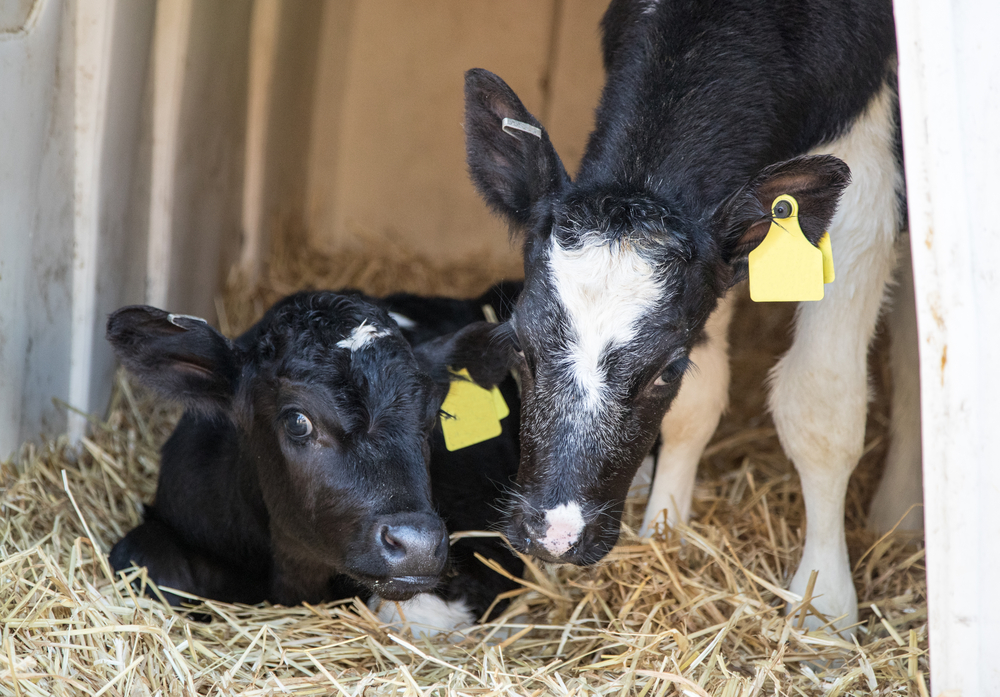Nutrition and Feeding Strategies for Calves: Setting the Foundation for Future Milk Production
One often underestimated aspect of dairy farming is the nutrition and care of calves. The early stages of a calf’s life play a pivotal role in shaping its future as a productive milking cow. Herein, we will explore the importance of calf nutrition and early care, as well as effective feeding strategies that set the foundation for future milk production.
The Significance of Calf Nutrition
Calves are the future of your dairy herd, and their growth and development during the first few months of life are critical. Proper calf nutrition ensures:
- Healthy Growth: Adequate nutrition supports steady weight gain, muscle development, and overall growth.
- Immune System Development: Properly nourished calves develop strong immune systems, reducing the risk of diseases.
- Digestive System Maturation: Early nutrition helps calves adapt to solid food and transition to a diet of forage and concentrate.
- Reproductive Performance: Well-nourished heifers are more likely to reach puberty and calve at the appropriate age.
Essential Nutrients for Calves
1. Colostrum
Colostrum, the first milk produced by the cow after calving, is rich in antibodies and nutrients crucial for the calf’s immune system. Ensure calves receive colostrum within the first few hours of birth to provide immunity against diseases.
2. Milk Replacer
If colostrum is insufficient, consider using a high-quality milk replacer specifically formulated for calves. Gradually transition calves to milk replacer if needed.
3. Water
Provide clean, fresh water at all times to prevent dehydration, especially as calves transition to solid feeds.
4. Forage and Concentrates
As calves grow, gradually introduce high-quality forage and concentrate feeds into their diet. Start with small amounts and increase gradually to allow the rumen to mature.
5. Minerals and Vitamins
Ensure calves receive a balanced mineral and vitamin supplement to support overall health and growth.
Effective Feeding Strategies
1. Feeding Frequency
In the first few weeks of life, feed calves colostrum or milk replacer at least twice a day. Gradually reduce feeding frequency as they transition to solid feeds.
2. Hygiene and Cleanliness
Maintain clean feeding equipment and facilities to prevent the spread of diseases. Proper sanitation is crucial to calf health.
3. Weaning
Weaning should be a gradual process, usually starting around 6-8 weeks of age. Transition from milk to a diet of forage and concentrates over a period of 2-3 weeks.
4. Monitoring
Regularly monitor calf health, growth, and body condition. Address any issues promptly, and consult with a veterinarian or nutritionist as needed.
5. Social Interaction
Provide social interaction and a stress-free environment for calves. Happy, healthy calves are more likely to grow into productive cows.
Calf nutrition and early care are the building blocks of a successful dairy operation in Kenya. Investing time and resources in providing the right nutrition and care during the critical early stages of a calf’s life will pay off in terms of healthier, more productive cows in the future. Remember, the well-being of your calves today sets the stage for the prosperity of your entire dairy herd tomorrow.
